How is AI in E-commerce Transforming the Online Shopping Experience?
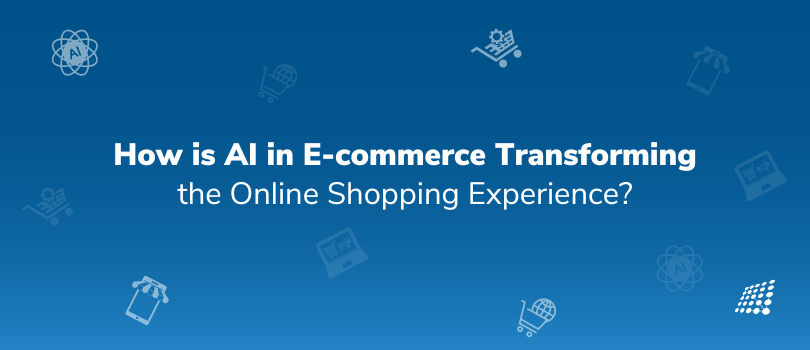
In the bustling digital bazaar of e-commerce, where connections are currency and customer joy is king, Artificial Intelligence (AI) is not just a convenience—it's a necessity.
Shopify has just acquired Primer, a smart app that uses AI to offer shoppers a more tailored and engaging experience. Add to this the fact that Retail giant Walmart announced they're taking over Zeekit, the Tel Aviv-based startup that lets consumers virtually see how clothes look on them while shopping online.
An AI e-commerce platform boosts operational efficiency and revolutionizes how businesses engage with customers, providing personalized experiences and fueling growth. However, you already knew that! But, did you know to what extent AI in e-commerce transforming the online shopping experience? Let’s find out!
What Do Market Trends State?
Grand View Research foretells that the global AI market, valued at USD 136.55 billion in 2022, is on course to ascend at a Compound Annual Growth Rate (CAGR) of 37.3% through to 2030. Emizentech's prophecy further confirms, predicting the e-commerce AI market will surge to a magnificent $45.72 billion by 2032—an unmistakable sign of the industry's vigorous expansion.
Empowering E-commerce through AI
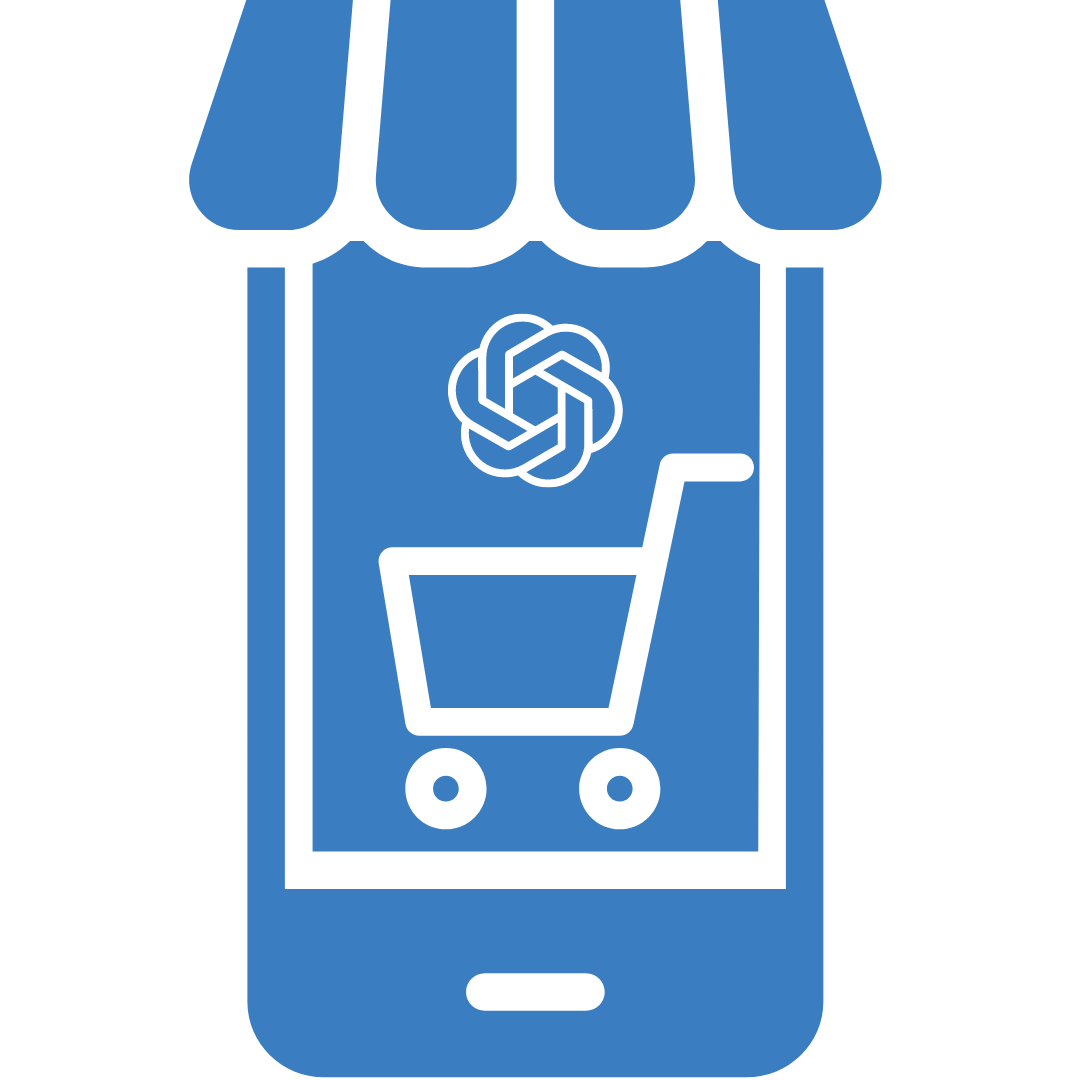
In e-commerce, AI:
- Gifts tailored experiences that echo in the hearts of customers
- Enhances operational workflows with the finesse of sophisticated machine learning models.
- Helps businesses improve product recommendations, streamline processes, and gain valuable insights into customer behavior.
Operational Transformation by AI
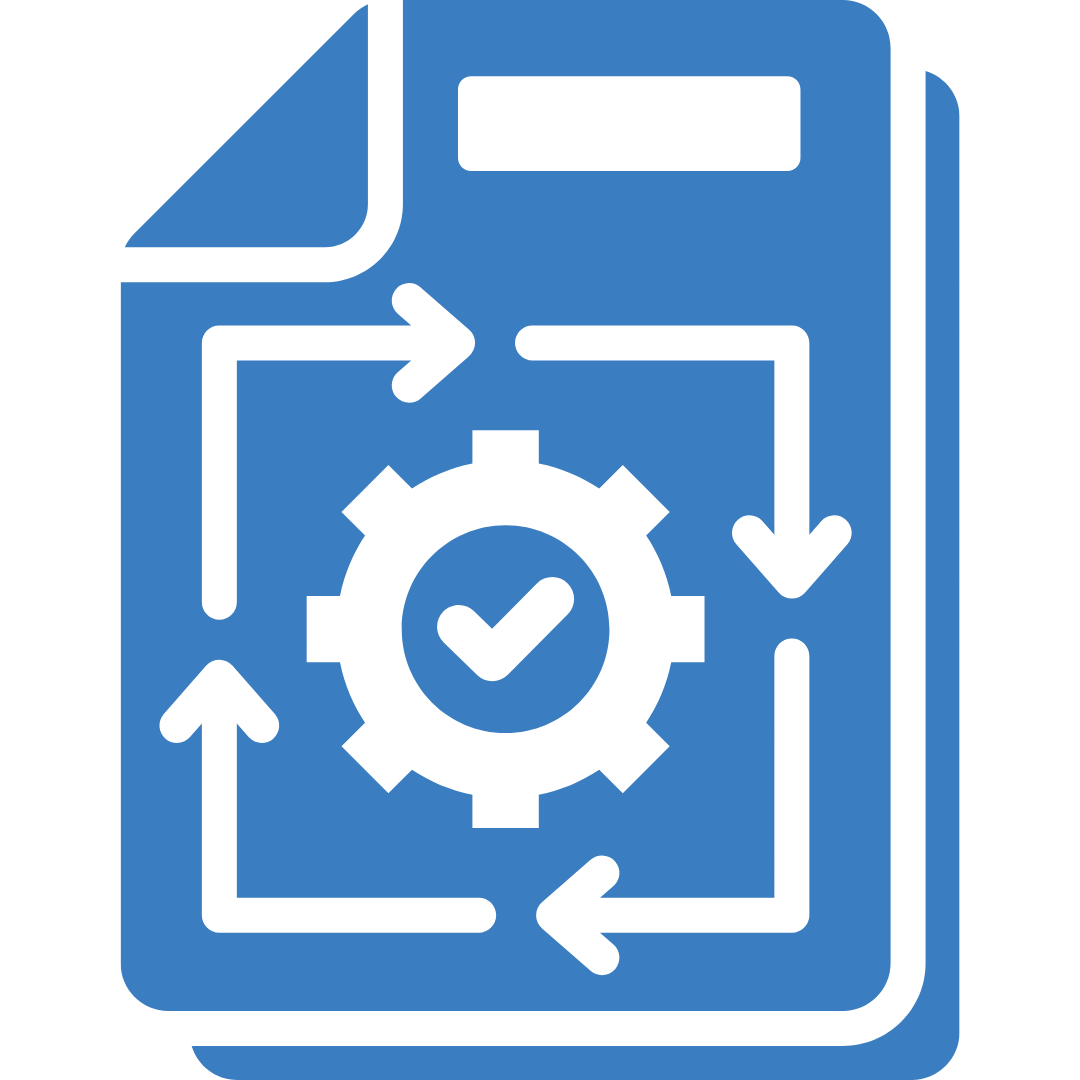
E-commerce and AI redefines various facets of the e-commerce game, addressing challenges such as:
- Manual processes
- Data attribute shortages
- Escalating costs.
AI digital transformation is huge! By expediting critical tasks like demand forecasting and content optimization, AI-driven solutions ensure agility and responsiveness, effectively meeting evolving consumer demands.
AI Technologies Behind Progress
AI technology examples and key technological predictions—machine learning, Natural Language Processing (NLP), computer vision, deep learning, and more—are reshaping the e-commerce sector. From personalized product recommendations to visual search capabilities, these technologies enrich user engagement and empower data-driven decision-making.
Advantages of AI in E-commerce
The AI e-commerce platform is making online shopping a whole lot more personal. Gone are the days when you had to sift through irrelevant product suggestions. Now, with a quick photo upload, AI finds you that perfect item in seconds. It's like having a personal shopper in your pocket.
Look and Feel Just Right

Ever been disappointed because what you ordered online doesn't look like the picture? Sellers are using AI to make their images super clear and attractive, so what you see is really what you get.
Amazon's got this nifty AI tool that makes sure every product image is top-notch. For anyone selling stuff online, this means your items will look so good, they nearly jump off the screen.
Ads That Bring Customers Back

Businesses have tons of shopper info, which can be a bit overwhelming. But with AI, you can use that data to bring back customers who left your website. It's smart enough to predict who's more likely to make a purchase and then show them ads they'll want to see.
It's All About That Personal Touch

Loads of people will buy from a brand that gets them, and AI helps make sure your ads are talking their language. This means happier customers who keep coming back.
Keeping It Real with Reviews

Fake reviews are a big no-no, but AI is playing detective to keep them in check. Amazon, for example, uses AI to spot iffy reviews, so shopping decisions are based on the real deal.
Smart Stock Control
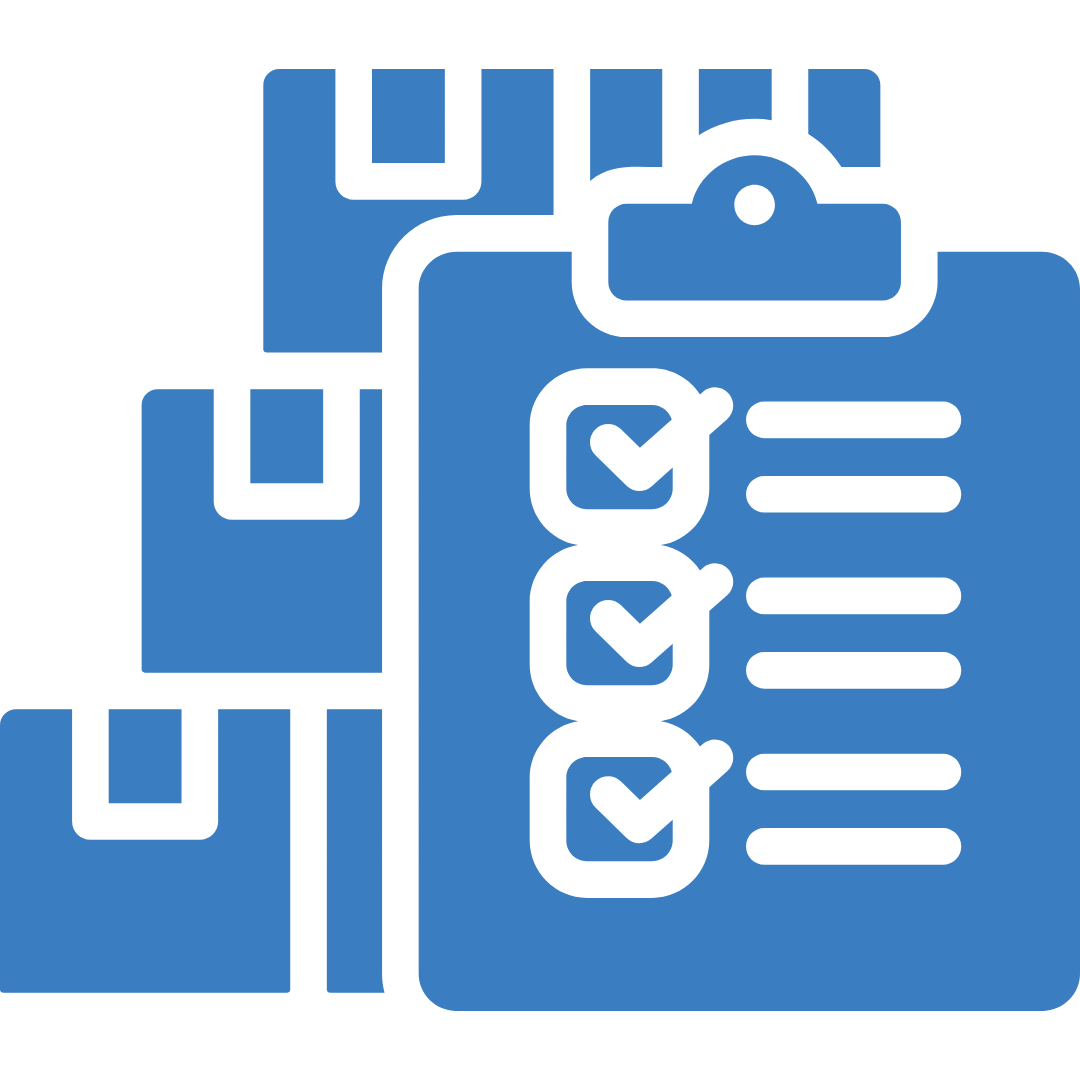
AI is also making sure businesses stay on top of their game with inventory. No more having too much or too little stock, plus it can even help get orders shipped faster.
Ads That Hit the Mark

Tired of ads that don't work? AI helps create campaigns that speak right to your audience. This means you spend less but get way more bang for your buck.
Besides this, AI in e-commerce presents numerous advantages, such as increased voice-enabled shopping, intuitive visual experiences, smarter upselling opportunities, and more effective fraud prevention measures. Through real-time data analytics, brands optimize supply chains, improve inventory management, and foster direct-to-consumer sales, strengthening customer relationships.
Future Trends and Innovations

Behind the scenes, technologies like machine learning algorithms, natural language processing, and computer vision are the workhorses propelling AI forward.
- Machine learning: personalizes user experiences by remembering and adapting to customer preferences.
- Natural language processing: powers chatbots that can engage in conversation and assist in finding products.
- Computer vision AI: enables features like 'try-on' apps, where customers can visualize themselves with a product.
The advantages of integrating AI into e-commerce are extensive. Notably, machine learning models and AI sharpen the precision in understanding customer behavior and preferences. This precision paves the way for highly targeted content and recommendations, driving conversions, and fostering brand loyalty. Automated processes reduce human error, increasing operational efficiency and leading to cost savings which can then be passed on to the customer.
Looking towards the horizon, the future of AI in e-commerce gleams with innovation. Imagine smart virtual shopping assistants that not only guide you to the products you seek but predictively curate shopping lists based on your preferences and past purchases. Advances like predictive shipping, where items are sent even before the customer places an order, are set to redefine convenience in online shopping.
Blending AI for Online Stores
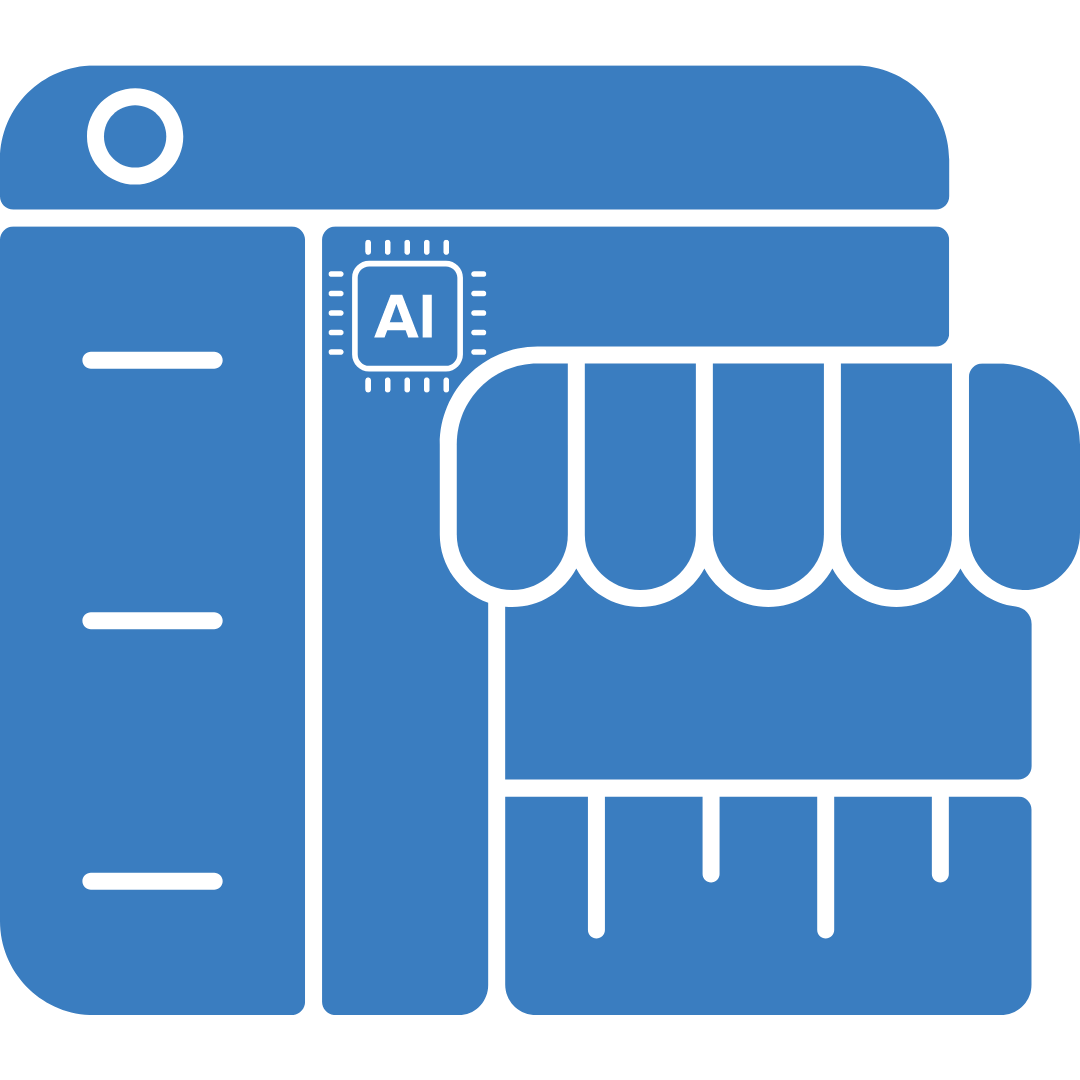
When it comes to adding AI to your online shop, think of it like hiring a new team member. You wouldn't rush that decision, right? It's the same with AI. Make sure you know what tasks you want AI to handle and how it will help you hit your business goals before you dive in.
Figure Out What You Need
- Before you start, take a moment to figure out exactly what you want AI to do for you.
- It's a bit like writing a job description.
- This way, you can be sure it's going to help your online store run better and meet your targets.
Ask the Experts
- Getting AI set up can be tricky.
- It's like putting together a complicated piece of furniture.
- So, don't be shy about asking for help from people who've done it before.
- They can share their know-how and save you from some common headaches.
Get Your Team Onboard
- Everyone’s happier when they're in on the plan, right?
- The same goes for bringing AI into your store.
- Find the folks in your team who are excited about this new tech.
- They can help spread the enthusiasm and make sure everyone's ready to work with it.
What Is Your Take on AI in E-commerce?

At SJ Innovation, while we gaze into the technological crystal ball, our feet remain firmly grounded in the present, offering AI-powered solutions through BuildYourAI Consulting, that seamlessly blend into your existing operations and cater to the nuances of the e-commerce experience.
As we wrap up our exploration, let's ponder the limitless potential AI holds for e-commerce. While the paths it will carve for online retailers and customers alike are still unfolding, one question lingers in the air - How will your business adapt to ensure you're not just keeping up with the AI evolution in e-commerce, but leading the charge.

What is a Vision Transformer (ViT)? What are ViT’s Real-World Applications?

Top 14 AWS Cloud Security Best Practices: Part 2


